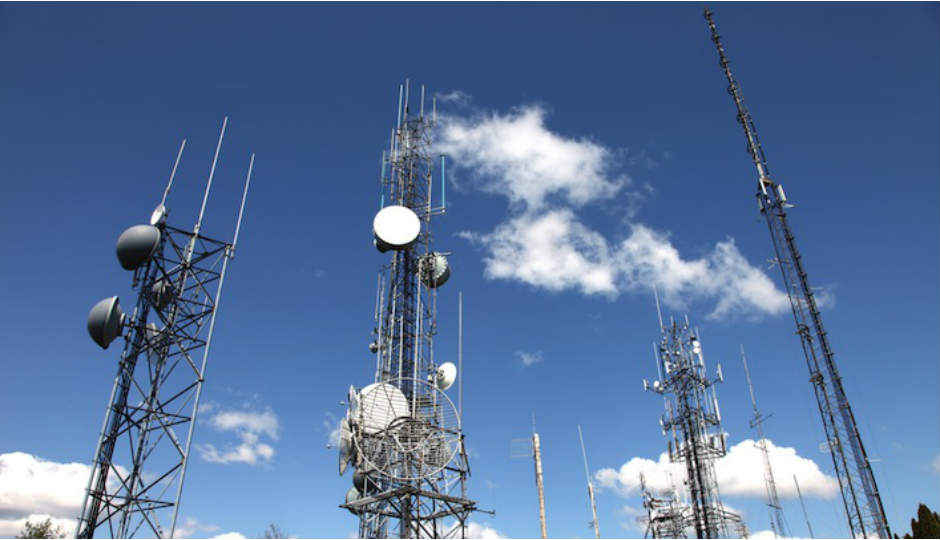COAI hails Delhi High Court’s decision on mobile towers
The court dismissed multiple petitions against mobile towers as objections were not based on scientific evidence

The Cellular Operators Association of India (COAI) has welcomed the Delhi High Court’s decision to dismiss the multiple petitions against mobile towers. The court upheld the EMF safety norms implemented by the Government of India, which are one of the most stringent in the world. The High Court delivered its judgment in two petitions that came within days of each other. The court ruled that the petitions came without any scientific data to show that mobile towers had an adverse effect on the human body.
 Survey
SurveyRead the complete press release below
COAI welcomes the decisions of the Hon’ble Delhi High Court to dismiss multiple petitions against mobile towers, making it clear that fears of harmful radiation from mobile towers are not based on any scientific evidence. The Court upheld the EMF safety norms implemented by the Government of India, which are one of the most stringent in the world and based on peer reviewed scientific studies approved by such bodies as the World Health Organisation (WHO) and health agencies of many countries, including the UK and Sweden.
The High Court delivered its judgments in two petitions that came within days of each other. On May 5, the Court heard a petition filed against the Municipal Corporation of Delhi to remove towers from a locality in the Lakshmi Nagar area that were allegedly radiating waves “in large quantity” and causing blood pressure, prostate cancer and other heart problems. After listening to both sides, the Court held that there is no scientific data to show that installation of mobile phone towers and the emission of the waves by them is in any way harmful to the health of citizens.
Dismissing the petition, Justice AK Pathak said, “The petitioner has not been able to produce any data whatsoever showing any such harmful effects on the health of human beings.”
The verdict comes not long after a similar ruling by the Court in April, when Chief Justice Jayant Nath threw out a petition against the installation of a mobile tower in Delhi’s Tekhand village, saying that based on empirical evidence, “there is no scientific data available to show that installation of mobile phone towers and the emission of the waves by the said towers is in any way harmful for the health or hazardous to the health of citizens”.
In an 8-page judgment, Justice Nath referred to court rulings in the past and scientific reports by WHO to dismiss the petition as “without merit”.
In fact, both judges referred to past rulings by various Indian Courts, including the findings of the Expert Committee appointed under the orders of the Hon’ble Allahabad High Court to look into concerns of harmful radiation from low electromagnetic frequency (EMF) from mobile towers. The Committee, comprising scientists and doctors, found that such objections are “complete misrepresentation of actual position and shall create only confusion, misperception and unfounded fear in the minds of general public, which should be avoided.” The verdicts are in line with verdicts delivered by the Kerala High Court, Madras High Court, Delhi High Court, Himachal Pradesh High Court, Gujarat High Court and Allahabad High Court.
Lauding the judgments, Mr. Rajan S. Mathews, Director General, COAI, said, “The Hon’ble Court’s verdicts reinforce the industry’s views on EMF that there is absolutely nothing to fear from mobile tower emissions, as these can cause no harm to human health. We welcome the decisions to uphold the scientific view on an emotive issue that has for long been the calling card of vested interests. These judgments, coupled with the findings by the Expert Committee appointed by the Allahabad High Court, have come at a time when the country needs seamless mobile connectivity to move to the goal of a Digital India.”
Earlier on April 12, the Allahabad High Court in a judgment, having summarily rejected all apprehensions arising from mobile tower radiation, had said, “India’s prescribed limits for radiation are already much lower than most of the countries in the world. Therefore, there is no need to further reduce the limits without conclusive studies by International standards bodies and India’s own conclusive research and findings.”
Both judgments have come at a very crucial time for the industry, as it strives to provide all-round connectivity to every citizen of this country. In their collective wisdom, the Hon’ble courts have concluded that objections raised against mobile towers on health fears of EMF are unfounded on any scientific basis and, hence, do not pose any risk whatsoever to human health.